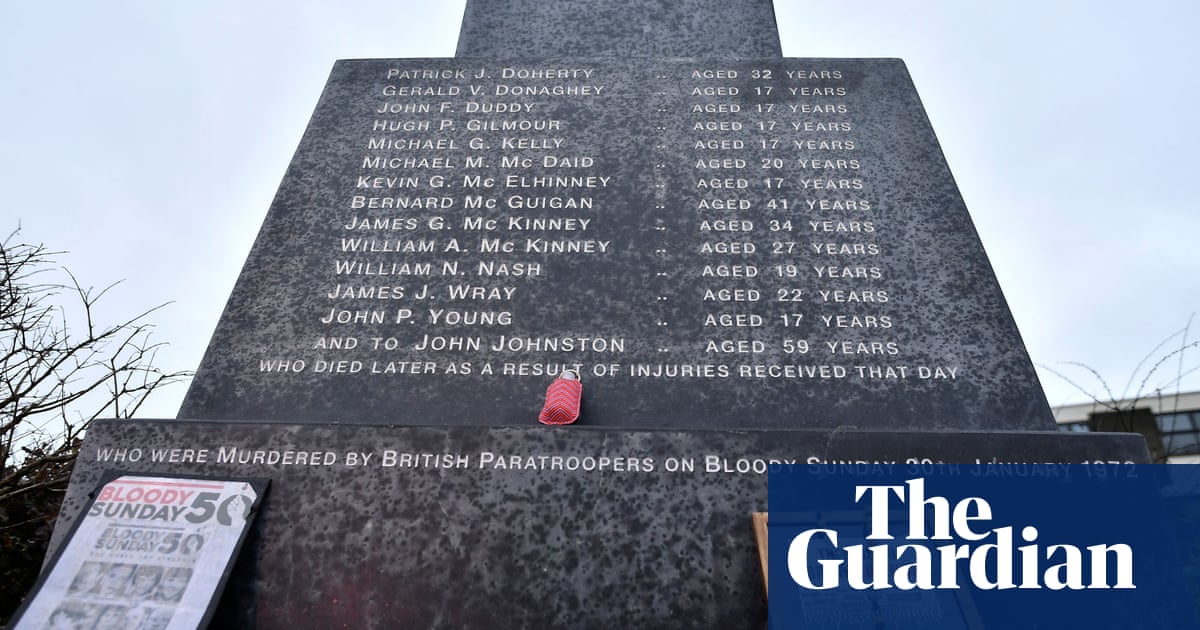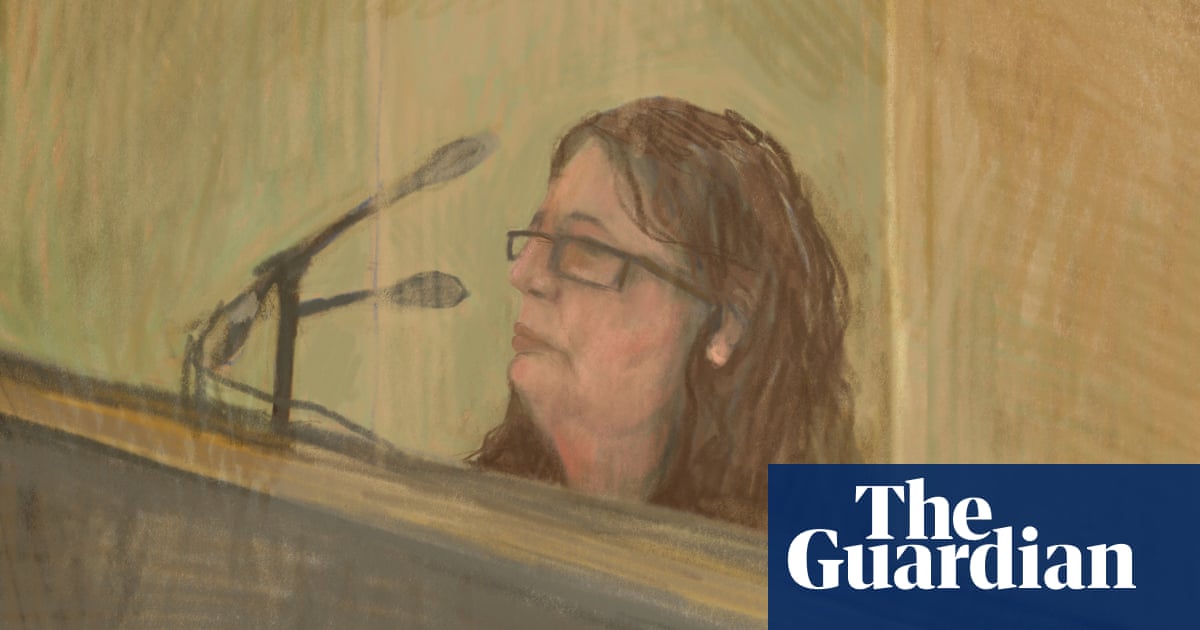
A woman who says it seems the Crown Prosecution Service did not consider her “trafficked enough” after being brought into the UK by a diplomat from the United Arab Emirates is celebrating after a high court ruling quashed a decision not to prosecute him.
The woman worked for Abdulla Salem Mohammed Sultan Aljaberi, a former assistant military attache at the UAE embassy in London, after accepting a job with his family when he was posted to the UK.
She was paid just 41p per hour – a fraction of the £1,000 per month she was promised – required to work 14 or 15 hours a day, and claims that she was not given any holiday. She also alleges that she was locked in the diplomat’s home most of the time and at times starved, causing her weight to drop from 55kg to 47kg (104lb).
After she managed to escape from their diplomatic household in west London, the woman tried to get Aljaberi and his wife prosecuted, claiming that they had exploited her.
She told the Guardian that the CPS did not prosecute her employer. She said: “When I was locked up by my employers, my life was at risk and I felt so helpless. I was trapped, but it seems the CPS thought I was not trafficked enough.”
Although the CPS was prepared to accept the woman’s account that she had worked extremely long hours in London and was paid significantly less than she was promised; that the information the diplomat provided to the Home Office in support of her visa application was falsified; that she was locked in the house, refused medical treatment and prevented from socialising, the official overseeing the case decided not to proceed with a prosecution on the basis that he did not think there was a realistic prospect of conviction.
The high court ruling on Thursday found that the CPS applied criteria that was too narrow in deciding whether or not to prosecute Aljaberi and his wife. It is highly unusual for a court to quash a CPS decision.
The two judges in the case, Lord Justice Hickinbottom, a court of appeal judge, and Mr Justice Sweeney, a high court judge, found that the decision the CPS made was not lawful and was “fundamentally flawed.”
The judges ordered the CPS to reconsider and to remake the decision as to whether to charge the diplomat and his wife with offences related to trafficking. Both are understood to no longer be in the UK.
The judgment could help thousands of people who have been recognised by the Home Office as “victims of trafficking” .
The woman welcomed the decision. She told the Guardian: “I did not just bring this case for me but also for others. I want to make a change … People in positions of power should not treat other people like I was treated, and people who are in the situation that I was in should know that you can do something about it, that help is out there, and – I hope – that the police and the CPS will now take these offences seriously.”
The woman, from the Philippines, had initially travelled to Abu Dhabi in March 2012. She worked for Aljaberi and his extended family in their compound. She alleges that her passport was taken from her and locked away, and she was forced to sleep in a shed. Her working hours were 5am until 11pm or midnight and she was only paid £138 per month, half of what she was promised.
In February 2013, she arrived in the UK after accepting a job with her employer’s family after he was posted to the UAE embassy in London. She was promised a wage of £1,000 per month and one day off every week.
She told the Guardian she was locked into the family’s sixth-floor flat most of the time, starved and only paid a fraction of her wages.
She managed to escape in May 2013 and in November 2014 was recognised as a victim of trafficking by the Home Office.
Police initially refused to investigate, saying that her employer had diplomatic immunity from prosecution. That decision was successfully challenged and the case was referred to the CPS who also decided not to prosecute on the basis that there was no realistic prospect of conviction.
The woman’s solicitor, Zubier Yazdani of Deighton Pierce Glynn, said: “This is a very welcome decision. Our client was treated appallingly. She hopes the CPS will now take that on board and adopt a less restrictive approach to cases like this.”
A CPS spokesperson said: “Modern slavery is an abhorrent crime and one the CPS works with partners to tackle. The CPS will now look again at this case.”
A spokesperson at the UAE embassy in London said: “The UAE is firmly committed to the fight against human trafficking, which is a serious criminal offence in the UAE. It is the foremost country in its region when it comes to combating trafficking and prosecuting traffickers. The allegations made against Mr Aljaberi are serious: such behaviour would not be tolerated in one of our diplomats. But they are also unsubstantiated, are denied by Mr Aljaberi, and have never come before any court. Today’s judgment does not examine the allegations themselves, and does not find them to be true.”












